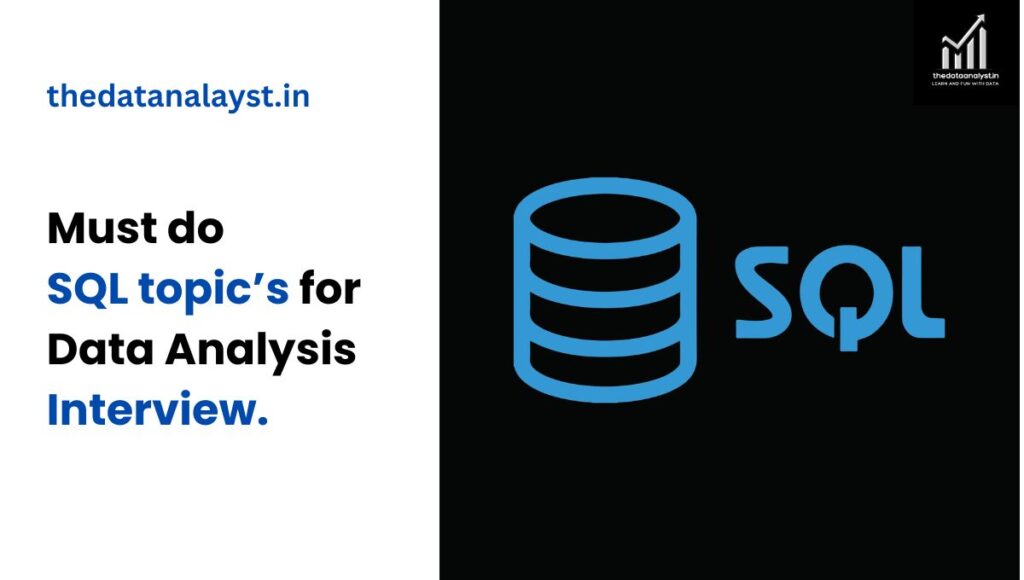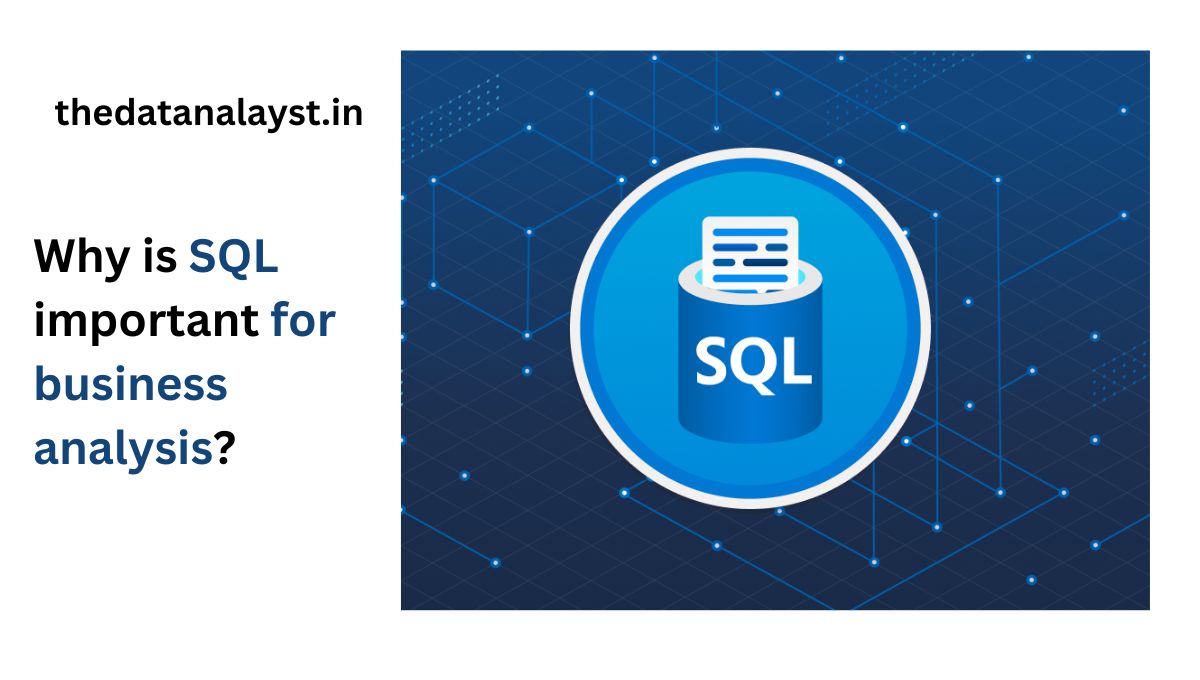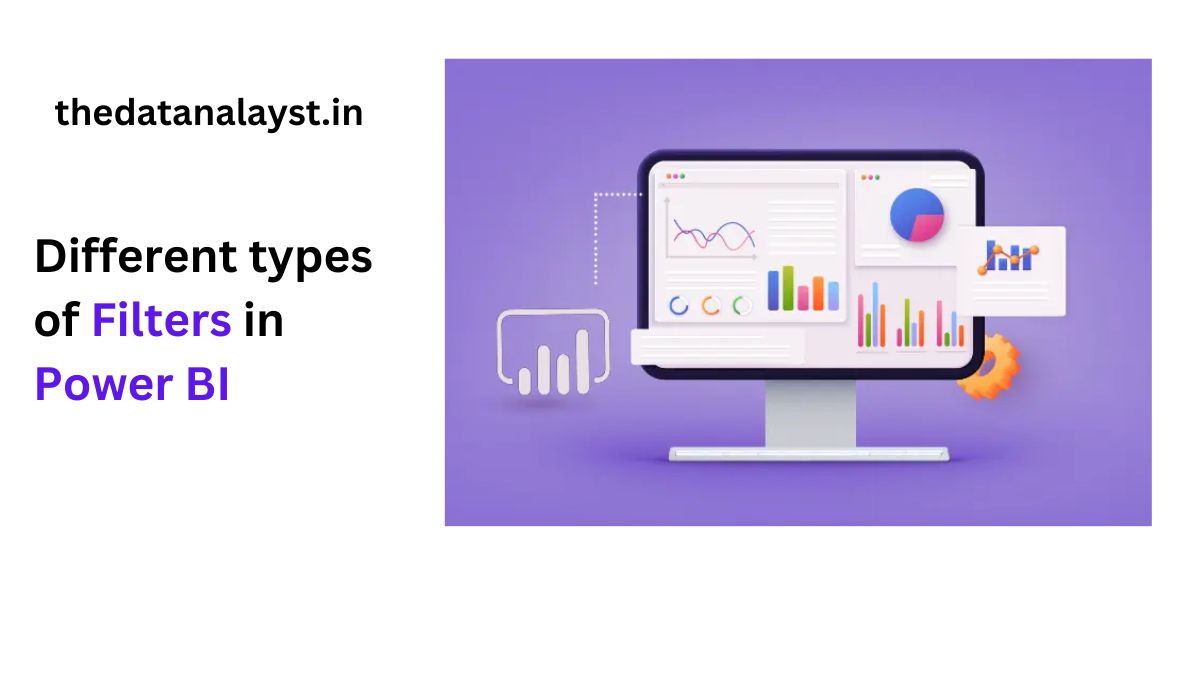
SQL, the Structured Query Language, is the backbone of data analysis. It’s a must-have skill for any aspiring data analyst.
There is no interview in Data Domain that we can imagine without SQL and it is really important to have great understanding of each SQL topic to be the best at what you do in data domain.
But there are some major topic that are usually asked in any SQL interview so this article covers the most important SQL topics you should know to ace your data analyst interview.
We also have guide on How to learn SQL if you are just starting out.
5 Important SQL Topics for Data Analyst Interview
Here are the Important SQL Topics for Data Analyst Interview that you must master to the core if you are a beginner or even if you are experienced.
1 – JOIN’s
What It Is: Joins allow you to combine data from two or more tables based on a common column. Joining multiple tables is a common task in data analysis. Knowing how to use different types of joins (INNER, LEFT, RIGHT, FULL OUTER) is essential
Why It Matters: Data is often spread across different tables, and knowing how to effectively join them is crucial and thus sometimes you need to get results from one multiple tables to take final decisions
Example : Below query retrieves customer names along with their order dates by joining the customers and orders tables.

Related : Difference Between Join In SQL With Example
2- Window Functions
What It Is: Window functions provide a way to perform calculations across a set of rows, without creating subqueries. They are particularly useful for tasks like ranking, calculating cumulative sums, and determining percentiles
Why It Matters: They allow for advanced data analysis, such as ranking or calculating running totals.
Example : Below query ranks employees by salary in descending order using the RANK window function.

3 – Common Table Expressions (CTEs)
What It Is: Common Table Expressions (CTEs) are temporary result sets that can be defined within a SQL query. They provide a way to make your queries more readable and maintainable.
Why It Matters: CTEs make complex queries more readable and manageable
Example : This CTE calculates the average salary per department, and the main query selects departments where the average salary is above $50,000.

Related – Recursive CTE ( Advanced SQL Interview Topic )
4 – GROUP BY and HAVING
What It Is:
- GROUP BY is used to group rows that have the same values in specified columns into summary rows, like finding the total sales per product.
- HAVING is used to filter groups based on a condition, similar to the
WHEREclause but for aggregated data.
Why It Matters: These are crucial when you need to aggregate data and then filter those aggregated results. It’s commonly used in reporting and analytics to summarize large datasets.
Example : Below query performs the following operation.
- The
GROUP BYclause groups the employees by department. - The
COUNT(*)function counts the number of employees in each department. - The
HAVINGclause filters out departments with 5 or fewer employees, showing only those with more than 5 employees.

5- Subqueries
What It Is: A subquery is a query nested within another query. It allows you to perform more complex data retrieval operations. Subqueries are queries embedded within other queries. They can be used for filtering, aggregation, and many more.
Why It Matters: Subqueries are powerful tools for breaking down complex queries into manageable parts.
Example : Below query selects employees who earn more than the average salary using a subquery.

Conclusion
SQL is non-negotiable for any data analyst, whether you’re just starting or are seasoned in the field.
Mastering these five key topics—JOINs, Window Functions, Common Table Expressions, GROUP BY and HAVING, and Subqueries—will significantly enhance your ability to extract valuable insights from data.
By consistently working with SQL and solving real-world problems, you’ll will prepare yourself to excel in data analyst interviews and your future career.
So please tell us if you found this helpful and what can we improve and please do not forget to share and comment.


3 thoughts on “5 Important SQL Topics for Data Analyst Interview ( Must Do )”